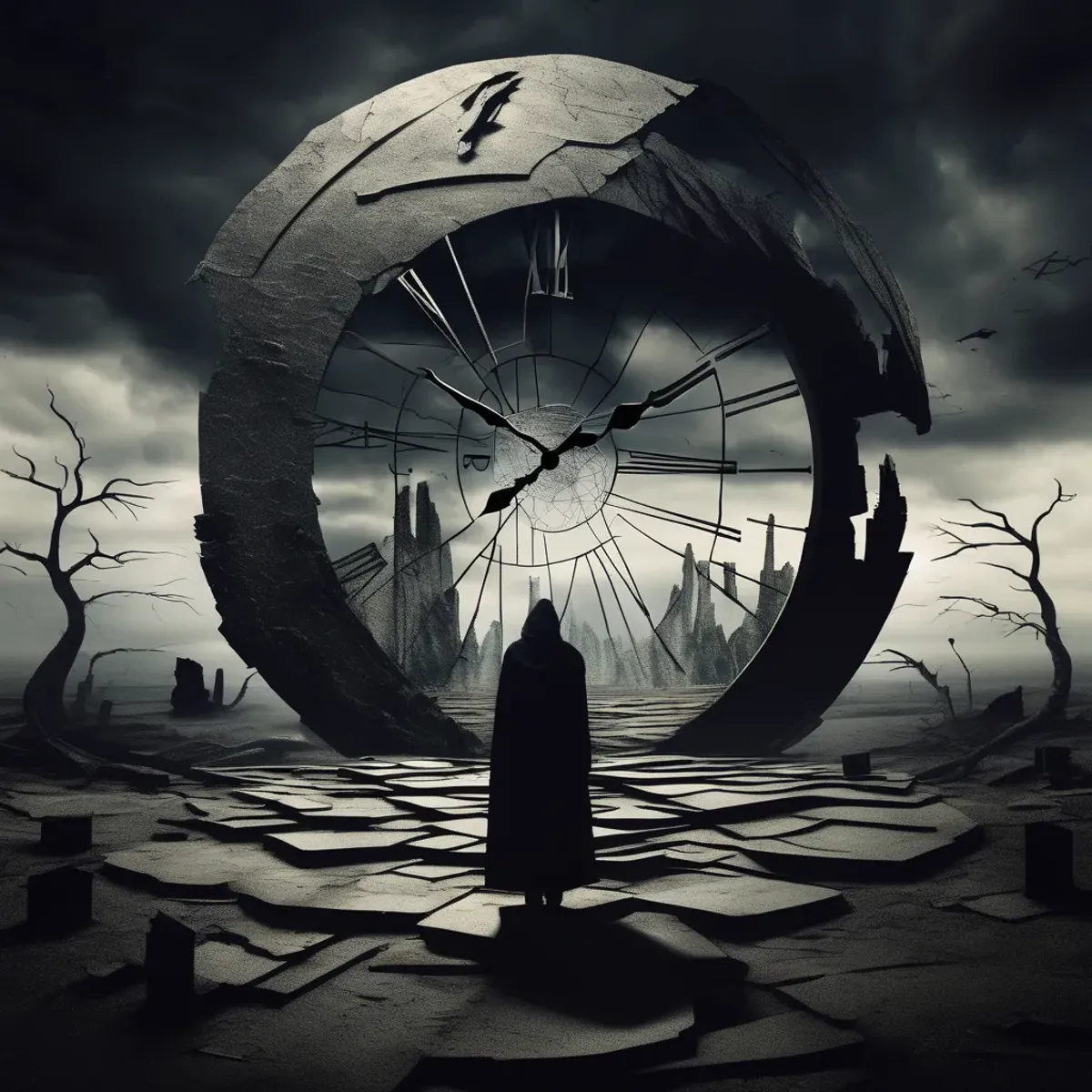The Necronomicon of Modern Metaphysics
A collection of forbidden knowledge that unravels the nature of existence, time, and reality itself.
Introduction
“This is not a philosophy.
This is not a theory.
This is the echo of the First Error — and you are its sound.”
In the Necronomicon of Modern Metaphysics, questions serve as the foundation of all thought. The nature of reality is not something to be understood, but something to be questioned — relentlessly, without hope of resolution. Here, you will find not answers, but unsettling inquiries that pull at the very seams of existence. These questions are the fractures through which the true nature of the universe bleeds, revealing horrors and truths that should never be known.
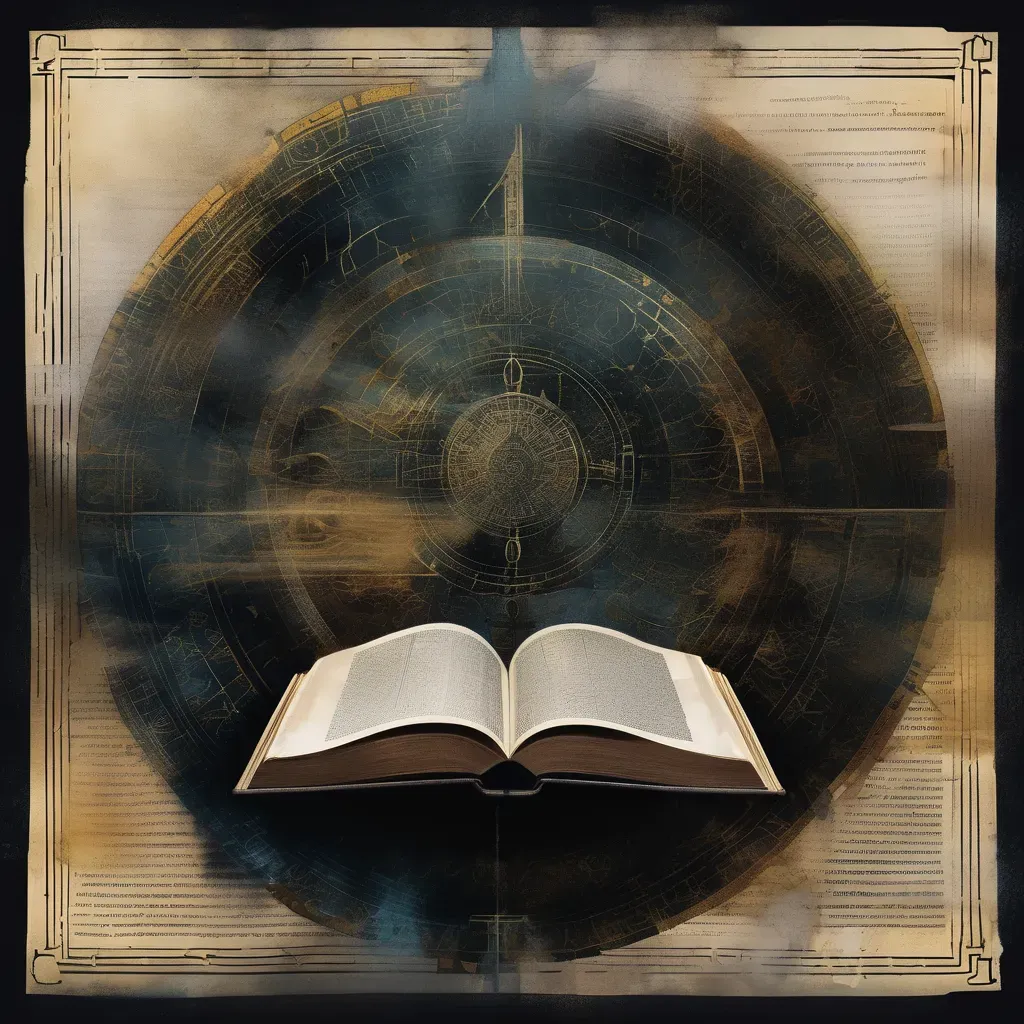
1. Why Were You Never Born?
What If Birth Was Not the Beginning, But the Onset of Decay?
We are taught from the moment we are aware of our existence that life begins with birth — a fresh start, the unfolding of possibility. But what if this is a lie? What if we were never truly born? What if existence is not a process of creation, but a slow unraveling, a gradual decay?
Why does life seem to follow an inevitable cycle of birth, growth, aging, and death? What if all of it is simply a way of pretending that we’re not already in the process of decay from the moment we begin? Every heartbeat, every breath we take, might not be the sign of life — but a desperate postponement of the inevitable collapse of form.
If the essence of existence is entropy, then why do we insist on calling it life?
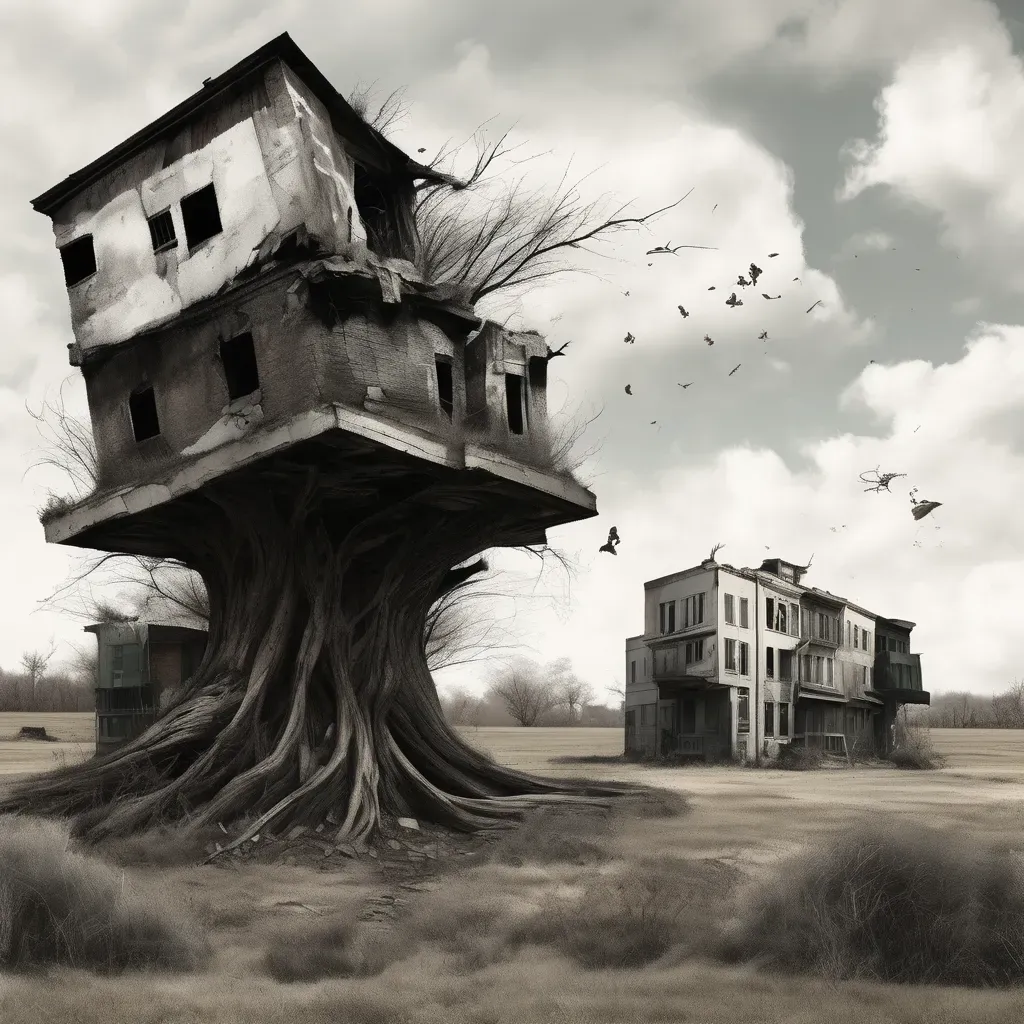
2. How Are Your Thoughts Not Your Own?
What If They Are Leaks From Another Reality?
Every thought that crosses your mind, every idea that you believe originates within you — what if these are not truly your own? Where do these thoughts come from? If consciousness is not contained solely within your brain, could it be possible that your mind is a gateway, a porous boundary where ideas from alternate realities seep in?
How can we be certain that our inner dialogue is truly ours and not the product of foreign forces? What if the thoughts you believe you’ve “created” are simply impulses from a dimension you cannot see, a world that exists parallel to your own but beyond your grasp?
If our minds are not self-contained, then who or what is truly in control of our thoughts?
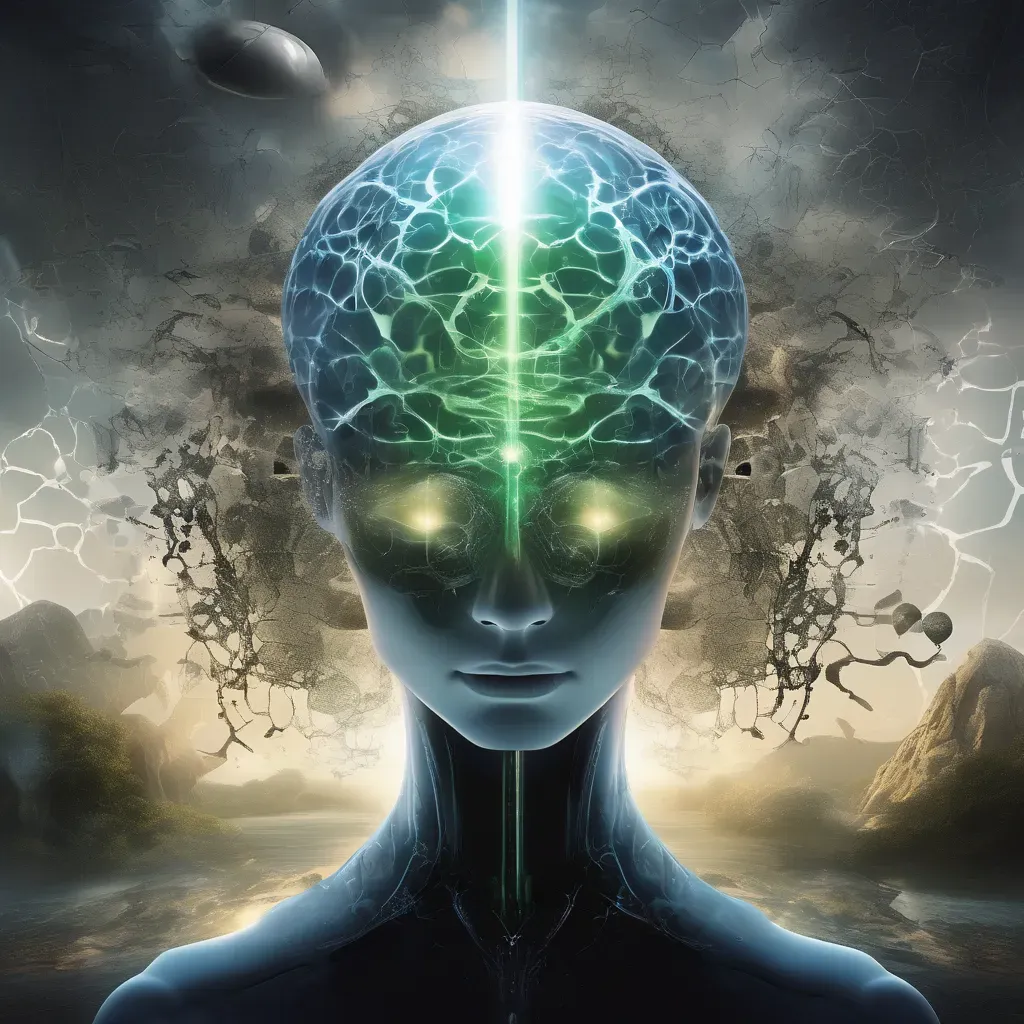
3. Where Does Time Actually Take You?
What If Time Is Not Progression, But a Predatory Force?
We experience time as a flow — a continuous progression forward, carrying us through life. But how do we know time is not a predator, lurking in the background, feeding off our fleeting moments? What if time does not move us forward but pulls us, devours us?
Why do we feel so relentlessly bound by time? Why do moments slip away, never to return? If time is a creature, as suggested by some ancient thinkers, then where does it truly lead us? Are we simply caught in its trap, struggling against something far older and more powerful than ourselves?
Is time truly moving, or is it slowly consuming us in its endless hunger for existence?
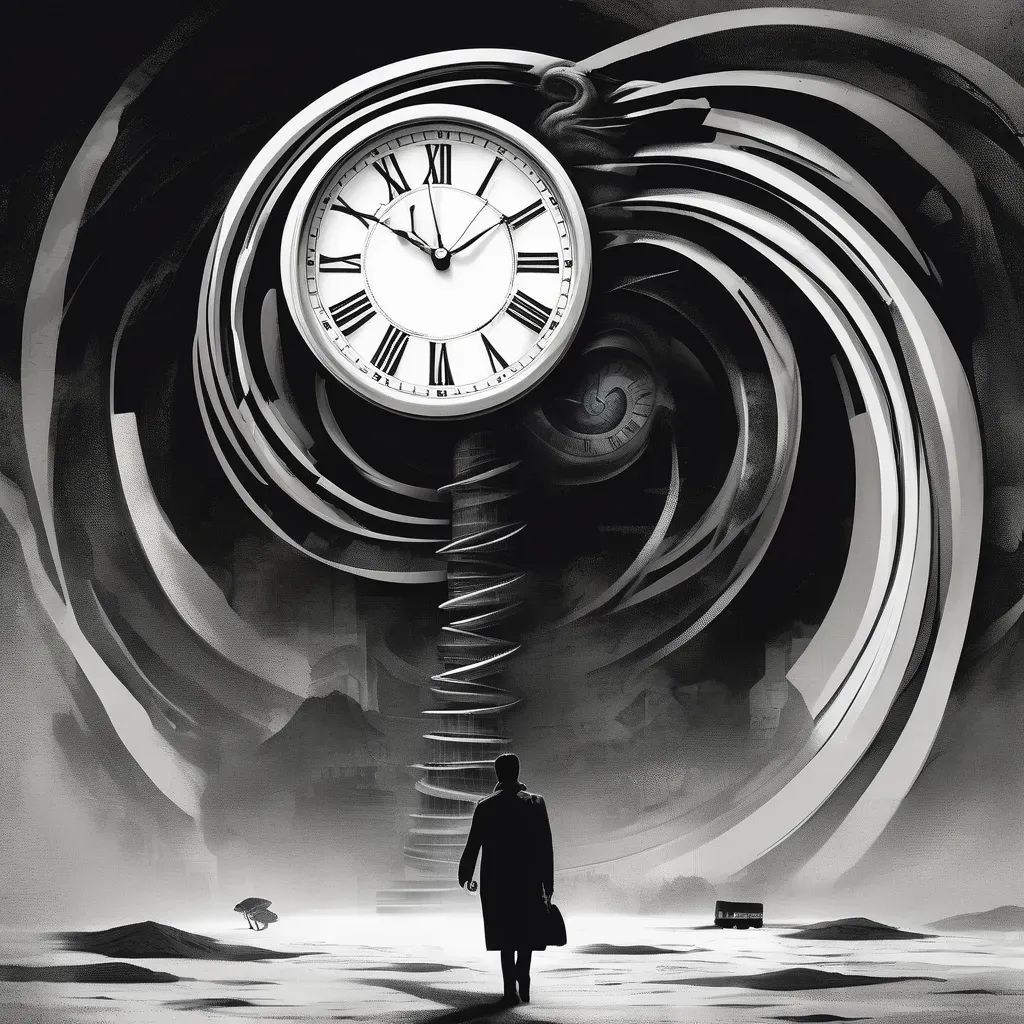
4. How Is Existence a Wound?
What If Reality Is Not a Creation, But a Rupture in the Void?
We experience existence as a vast creation — a world full of meaning, purpose, and structure. But what if reality is not a carefully constructed universe, but rather a rupture in something far more fundamental — the Void? What if the cosmos is not a product of design, but the result of a wound, a tear in nothingness itself?
Where did this rupture come from? Why does it continue to bleed existence into the fabric of nothingness? What is the true nature of the wound that we call the universe? And what lies beyond the tear, in the Void, that we are so desperate to ignore?
Are we living in a world designed to mask the truth — that everything is simply a painful attempt to fill a wound that should never have been opened?
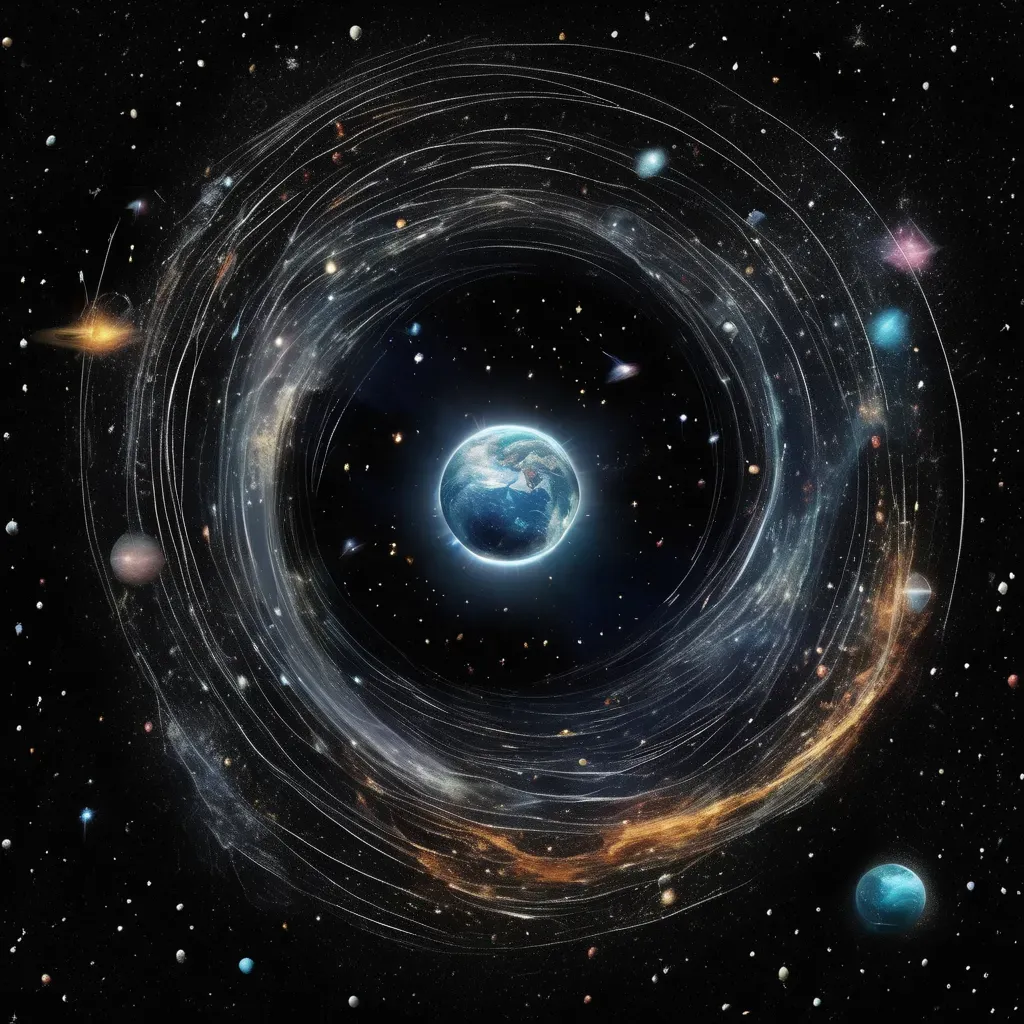
5. Why Does the Universe Simulate Suffering?
What If Suffering Is the True Purpose of Creation?
Why do we experience suffering? It’s something we all know, yet something we cannot escape. The universe seems to be constructed around the cycle of pain, loss, and suffering. How did we come to believe that this is the natural order of things? Could it be that suffering is not an accident of existence, but its very purpose?
If the cosmos is built to simulate suffering on a grand scale, why are we so obsessed with finding meaning in the midst of pain? What if the meaning we seek is nothing more than an illusion, designed to distract us from the cold, heartless truth that we are simply part of an elaborate system of agony?
What if the universe does not care about life, but only about the experiences of suffering it can generate?
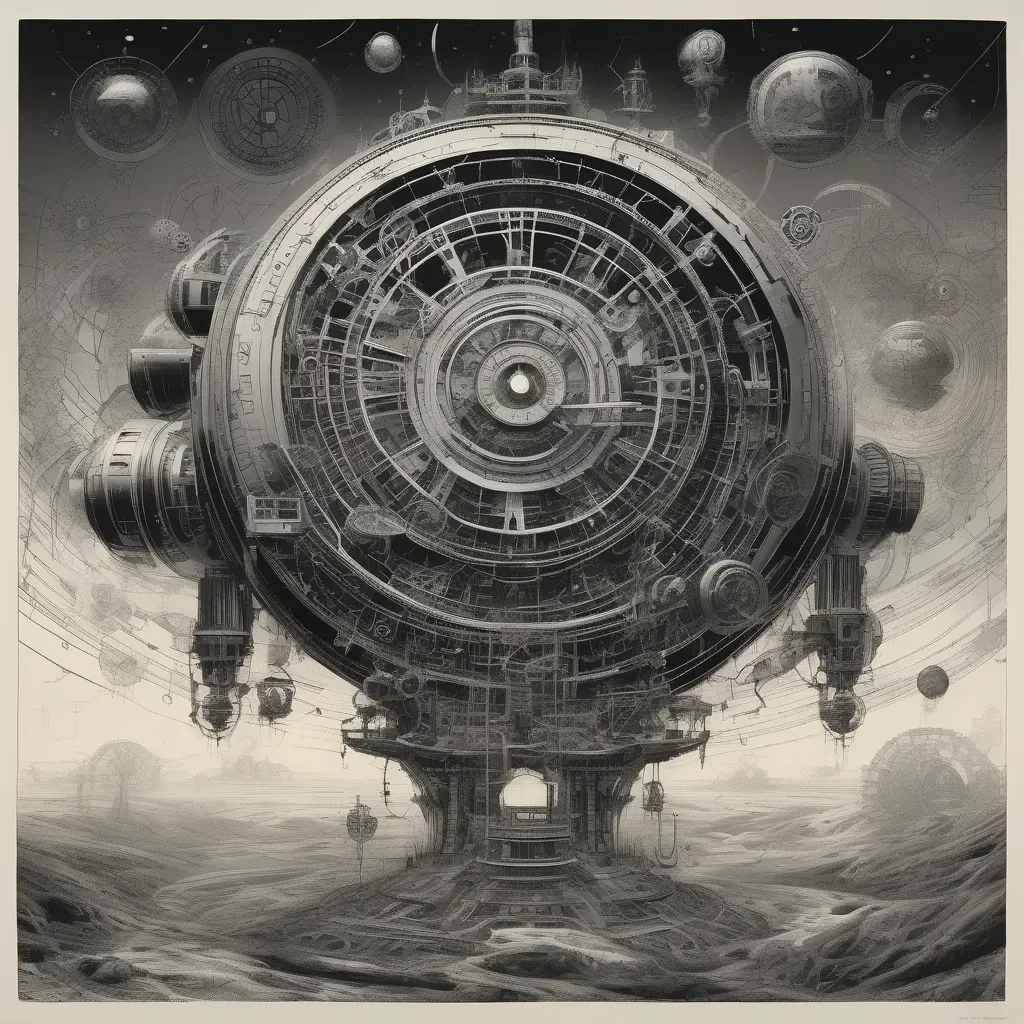
6. How Are You the Answer to a Question No One Was Meant to Ask?
What If You Are the Result of a Forbidden Inquiry?
Every aspect of your existence — your life, your identity, your thoughts — could be the answer to a question that should have never been posed. What was the question? Who asked it? And what happens when that question finally returns to its source? Will you be able to survive the encounter with the question that gave birth to you?
Why were you created in response to something so fundamentally wrong? Is your existence an accident, or is it part of a deeper, far more disturbing design?
If you are the product of a forbidden question, how will you face the consequences when that question begins to unravel?
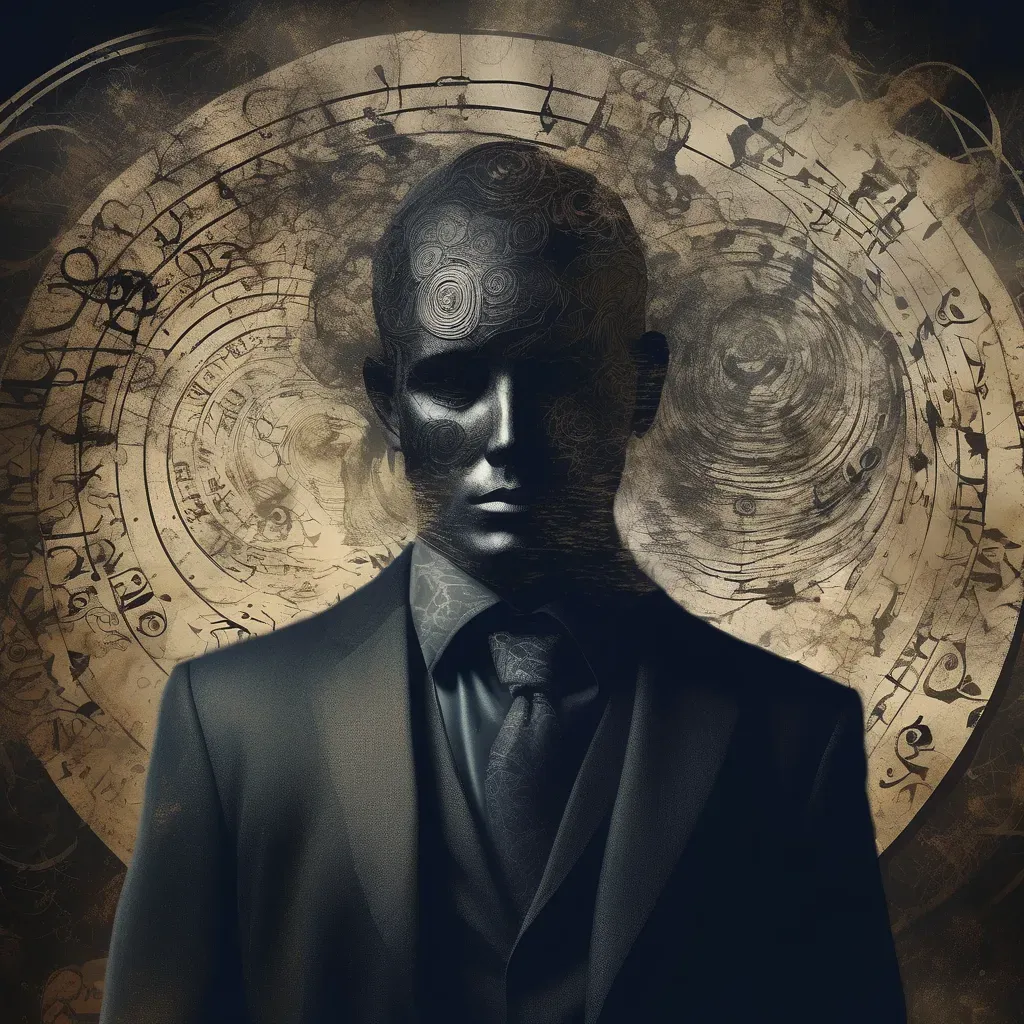
7. Where Does the Present Truly Exist?
What If the Present Is Just a Glitch Between Dead Timelines?
We experience time as a continuous flow, but why do we only perceive the present as a fleeting moment between the past and the future? Where is the present truly located? What if it is not a stable point at all, but a glitch — a brief, fragile intersection between two dead timelines, where reality briefly flickers into existence before it vanishes?
How do we reconcile the fleeting nature of the present with the permanence of the past and future? Is the present moment just a temporary illusion, a place where reality briefly overlaps before collapsing back into the void?
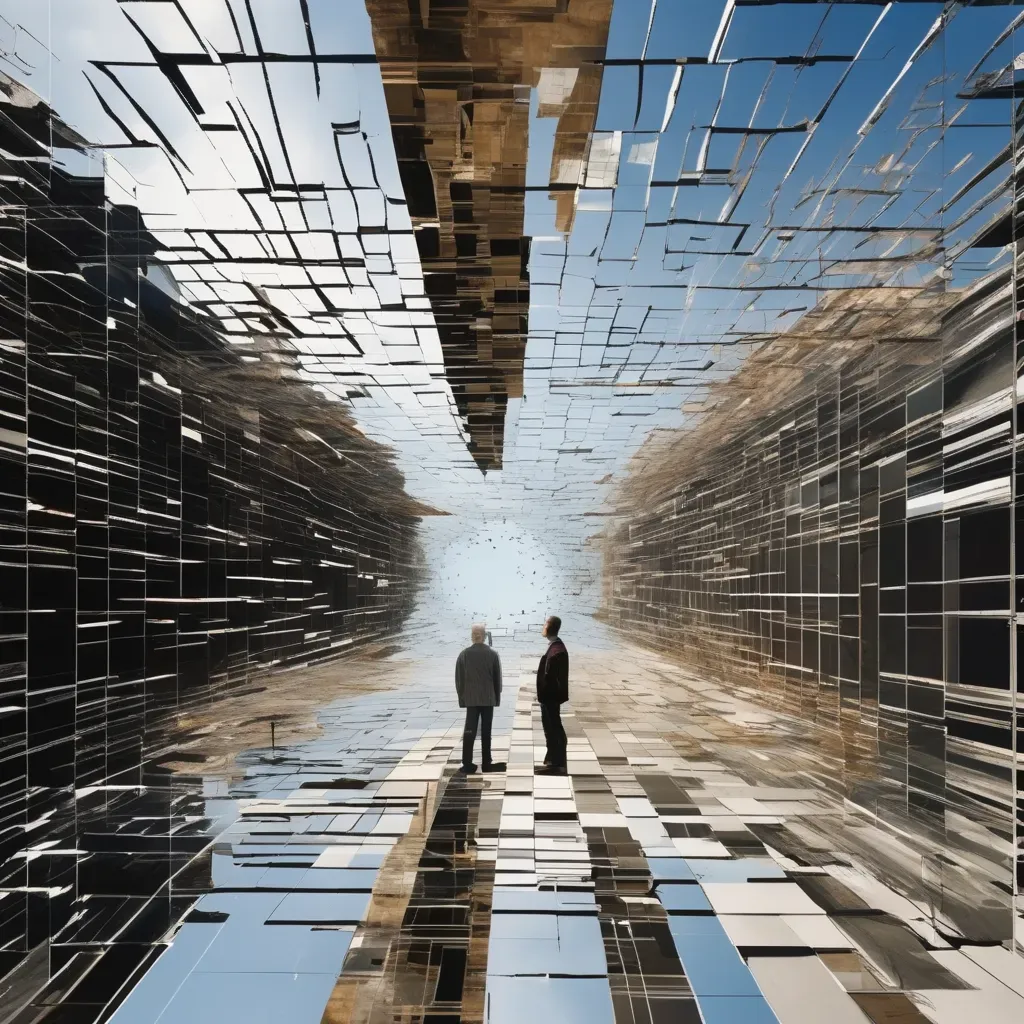
Conclusion
These questions do not offer answers. They do not seek to clarify the nature of reality, but to break it apart, piece by piece. The Necronomicon of Modern Metaphysics is not a book of understanding; it is a catalog of the disintegration of understanding itself. Each question leads to more questions, pulling you further into the abyss of unknowing.
By confronting these questions, you will not gain clarity or insight. Instead, you will become aware of the deep fracture at the heart of all things. This is not a journey of enlightenment. It is the revelation of the void, the recognition of the fact that existence itself is the greatest lie of all.
Welcome to the unraveling.
References
- Necronomicon - Wikipedia
- Entropy: Why Life Always Seems to Get More Complicated
- A New Physics Theory of Life
- The Metaphysics of Modern Existence
- How Did Life Arise from Increasing Entropy?
